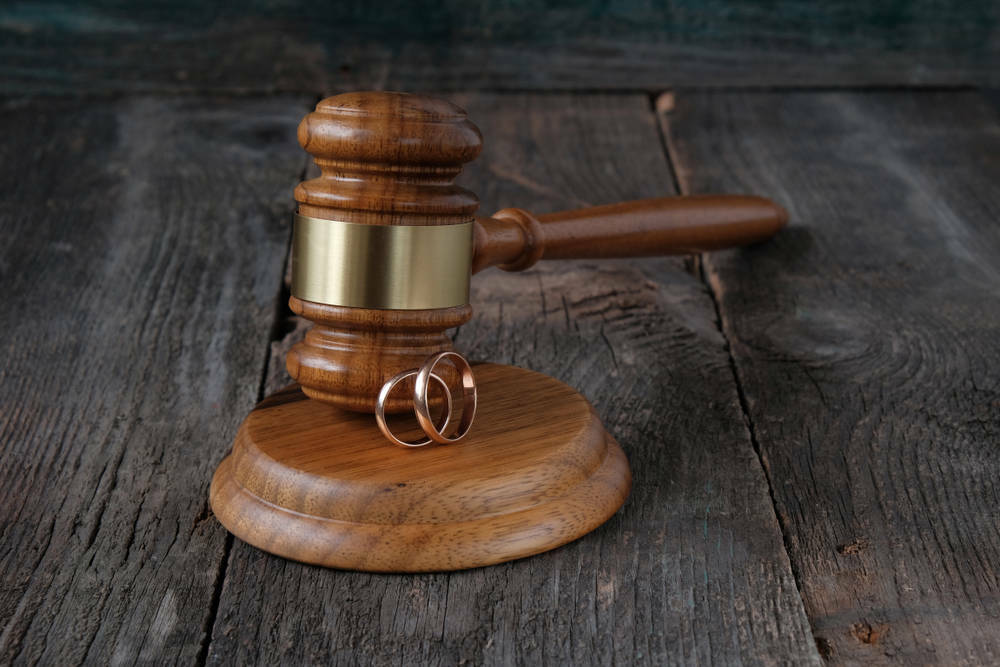As reported recently by the Alaska Beacon, a new regulation approved by the Dunleavy administration will give the governor and attorney general access to free state legal services when they’re accused of ethical violations.
The Beacon indicates the regulation is highly controversial and has touched off a war of words. The Alaska Public Interest Research Group called it a corrupt process. Dunleavy’s administration took offense to those remarks, and labeled them baseless, inflammatory, and a threat to our democracy.
One standard to evaluate the regulation is under the Constitutional mandate that all citizens receive equal protection under the law. In other words, is Dunleavy likely to receive the same substandard quality of legal services that he provides to indigent residents throughout our state?
For example, take the case of Thomas Jack Jr., an indigent resident from Hoonah who is dependent on the state’s Office of Public Advocacy for legal representation. If Dunleavy was required to receive the horrific quality of legal services that Jack has received, the governor would probably resign tomorrow to avoid the risk of being railroaded into a lengthy prison sentence.
Consider the following hypothetical involving Dunleavy which has many similarities to the legal proceedings in Jack’s case:
A medical provider, under investigation and looking for leverage, tells prosecutors that Dunleavy accepted kickbacks in exchange for directing business his way. There is substantial evidence that the provider’s allegations are bogus, but the prosecution illegally withholds this exonerating evidence from the grand jury and Dunleavy is indicted.
The state provides Dunleavy with a completely unprepared attorney right before his trial is to begin. The state pays the attorney a fraction of the market rate, so the attorney tries to make up the difference in volume by representing many other clients at the same time.
The attorney is in a hurry to conclude Dunleavy’s trial to start another trial in a distant city. The attorney doesn’t call important witnesses who are ready to testify that Dunleavy is completely innocent. Dunleavy is not tried by a jury of his peers, is convicted, and sentenced to spend years in jail.
Dunleavy has an extremely strong case for a new trial because his attorney was not prepared. The prosecutor and the judge not only know this, but they also even admit it on the record.
The state provides Dunleavy with a second attorney to advance what should be a slam dunk motion for a new trial, especially with the admission by the judge and prosecution. However, the second attorney does little for two years while Dunleavy rots away in jail.
Dunleavy’s family complains about this inaction, so the state provides Dunleavy with a third attorney to advance the motion for a new trial. However, the third attorney does little for another two years and Dunleavy continues to rot away in jail.
Dunleavy’s family complains again, so the state provides Dunleavy with a fourth attorney. The fourth attorney is in place for three years, but predictably does little to advance the motion for a new trial. Dunleavy continues to rot away in jail.
Besides the motion for a new trial, Dunleavy also has appeal rights on his sentencing. The state gives him a fifth attorney who is a personal friend of the medical provider; this attorney tries to get Dunleavy to admit to the bogus charges in exchange for a reduced sentence. This time, when Dunleavy’s family complains and provides evidence of the egregious conflict of interest, the state ignores them.
Obviously, under the regulation Dunleavy and Taylor won’t give themselves the substandard legal representation they have provided Jack. Rather, they will deal themselves the best legal representation the state has to offer and violate the equal protection clause. The regulation should be shot down.
Meanwhile Jack’s tribe, the Hoonah Indian Association, has passed a resolution identifying the troubling conduct by the state in his case. HIA has requested the state release Jack pending their decision whether to retry him in a fair trial before a jury of his peers. Jack still carries his presumption of innocence under the law.
Both Dunleavy and Taylor have sworn an oath to uphold the Constitution, yet have ignored HIA’s resolution triggering ethical concerns in the process. Does this help explain why they covet free legal services from state attorneys they control?
• David Ignell was born and raised in Juneau, where he currently resides. He holds a law degree from University of San Diego and formerly practiced as a licensed attorney in state and federal courts in California. He is a forensic journalist and author of a recent book on the Alaska Grand Jury.

